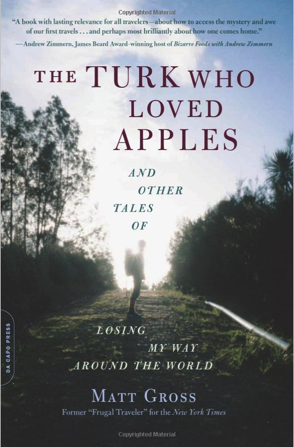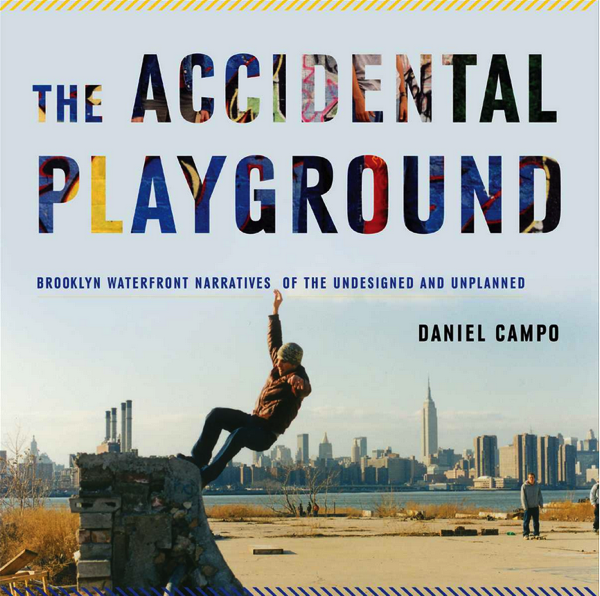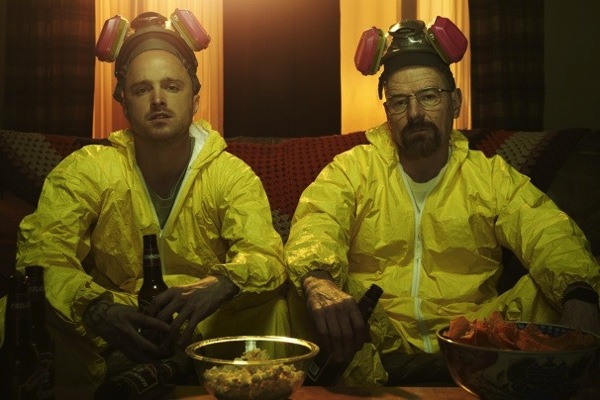*Also: favorite goal and save! Read on…
Following my post on the standout books I read this year, here’s the best of what I watched and listened to in 2023:
📺 TV
— “Madoff: The Monster of Wall Street” (Netflix) This documentary series reinforced for me not just how shocking his crimes were, but how much his victims suffered.
— “Wham!” (Netflix) George Michael, Andrew Ridgeley, 80s pop music. What more do you need to know?
— “Beckham” (Netflix) An entertaining recap of David Beckham’s career, including the meme-spawning scene (YouTube link) with wife Victoria in which he presses her to admit that she enjoyed an advantaged upbringing.
— “Better Call Saul.” (AMC/Netflix) Though this series ended in 2022, I’m including it here since I finished it this year. A superb show that rivals even the great “Breaking Bad,” from which it was spun off.
🎥 Movies
“Oppenheimer.” Of course. Sprawling, ambitious, polished. Incredible soundscapes. Moves along crisply despite its three-hour length.
🎸 Music
The Hold Steady, “The Price of Progress.” Soaring rock anthems. (YouTube link)
Runner up: Buck Meek, “Haunted Mountain.” I’m in love with the title track (YouTube link).
⚽️ BONUS 1: Best Goal of the Year
As an Arsenal fan, I have to pick Bukayo Saka’s long-range stunner in a 3-2 win against Manchester United in January. (YouTube link)
🧤BONUS 2: And as a (gracefully aging) goalkeeper, I admired Aaron Ramsdale’s dive high to his right to save a deflected Mohamed Salah shot in a 2-2 Arsenal draw against Liverpool. (YouTube link) (Amazingly, Ramsdale’s now out of the side, but that’s a story for another time. Did I mention I’m an Arsenal fan?)


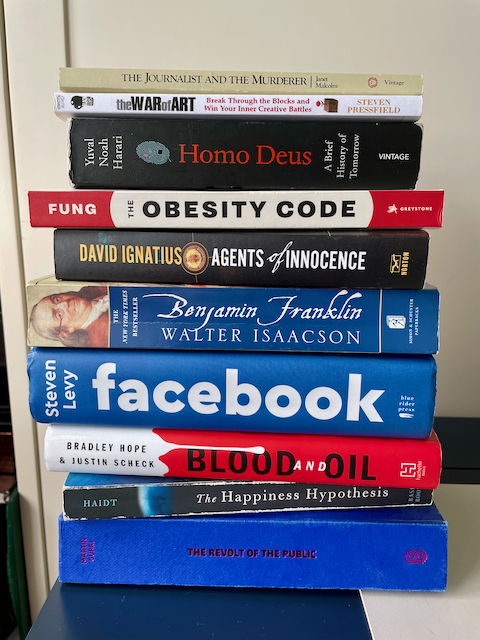

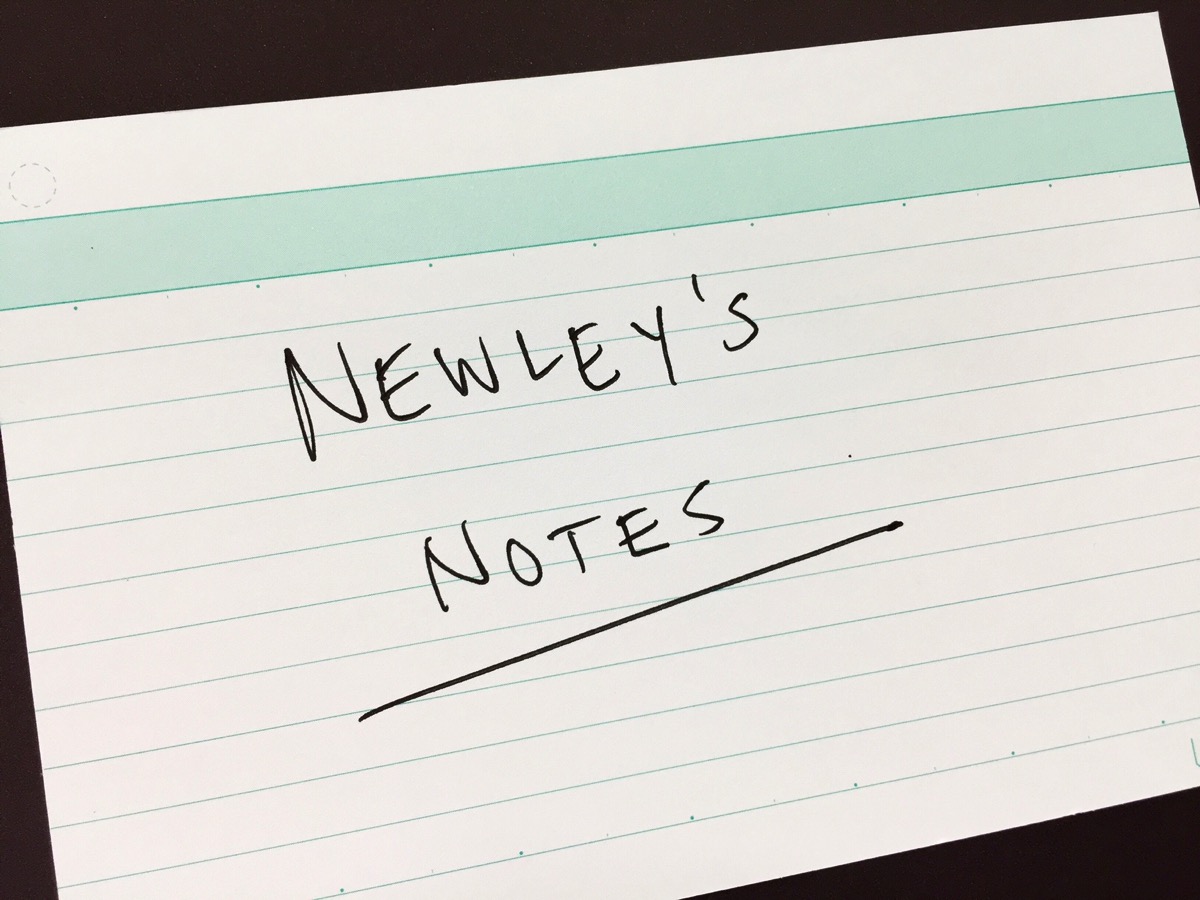
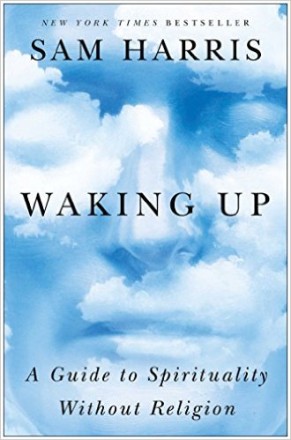 Book: “Waking Up”
Book: “Waking Up” Again, I’m kind of cheating here.
Again, I’m kind of cheating here.  Serious “Star Wars” nerds
Serious “Star Wars” nerds 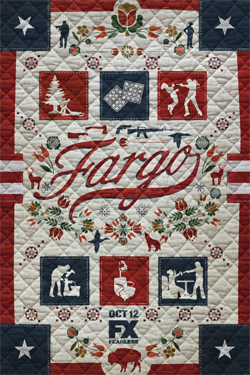 Holy shit, “
Holy shit, “